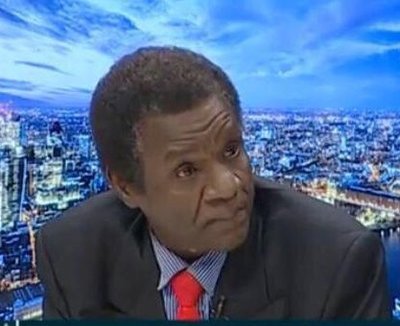AU’s “Call” for demilitarization of Khartoum: Why was Darfur excluded?
By Trayo A. Ali
[email protected]
The recent African Union (AU) “Call” for the “demilitarization” of Khartoum for humanitarian purposes raises immediate questions. It is not about the timing of the Call or how it can be operationalized or enforced but rather about why Darfur has been excluded. The absence of a convincing answer to this question makes the Call appear selective and discriminatory against Darfur, a region that is in a state of devastation in every aspect.
Excluding Darfur from the demilitarization arrangements implies that the war is being pushed towards Darfur. Such an exclusion is a significant miscalculation that could lead to unintended consequences and uncontrolled repercussions against civilians in Darfur.
While it is expected that the two belligerents, the Sudan Armed Forces (SAF) and the Rapid Support Forces (RSF), would reject such a Call for demilitarization, it would have been anticipated for the AU to recognize the need to include Darfur in its Call, particularly in line with the Darfur Bar Association’s (DBA) call for international intervention to protect the region’s helpless and innocent civilians.
The people of Darfur expect the AU to provide a clear clarification or adjust its Call in order to avoid any impression of bias or preferential treatment towards a specific segment of the Sudanese population. The AU must treat all Sudanese people equally and address their needs accordingly.
As the saying goes, a drowning man will clutch at a straw. While many observers are not naive to expect the belligerents to accept the Call for demilitarization (as they have already rejected it), the desperate and war-affected civilians embrace any such initiative and hope for its realization. The people of Sudan, whether in Khartoum, Darfur, or elsewhere, are all suffering equally. They do not view the Call as a mere luxury or lip service; they genuinely want their continental body to follow through on its statements. They expect the AU to be a proactive mediator. Therefore, it is entirely legitimate for the people of Darfur to demand inclusion in the Call.
Like Khartoum, the city of El-Geneina is also under total seizure. Its civilians, like those in Khartoum, are suffering from a lack of food, medicine, shelter, and protection. They endure looting, rape, destruction, starvation, and displacement. So why does the AU’s Call exclude them instead of treating them on an equal footing as similarly devastated civilians of war?
(ST)

